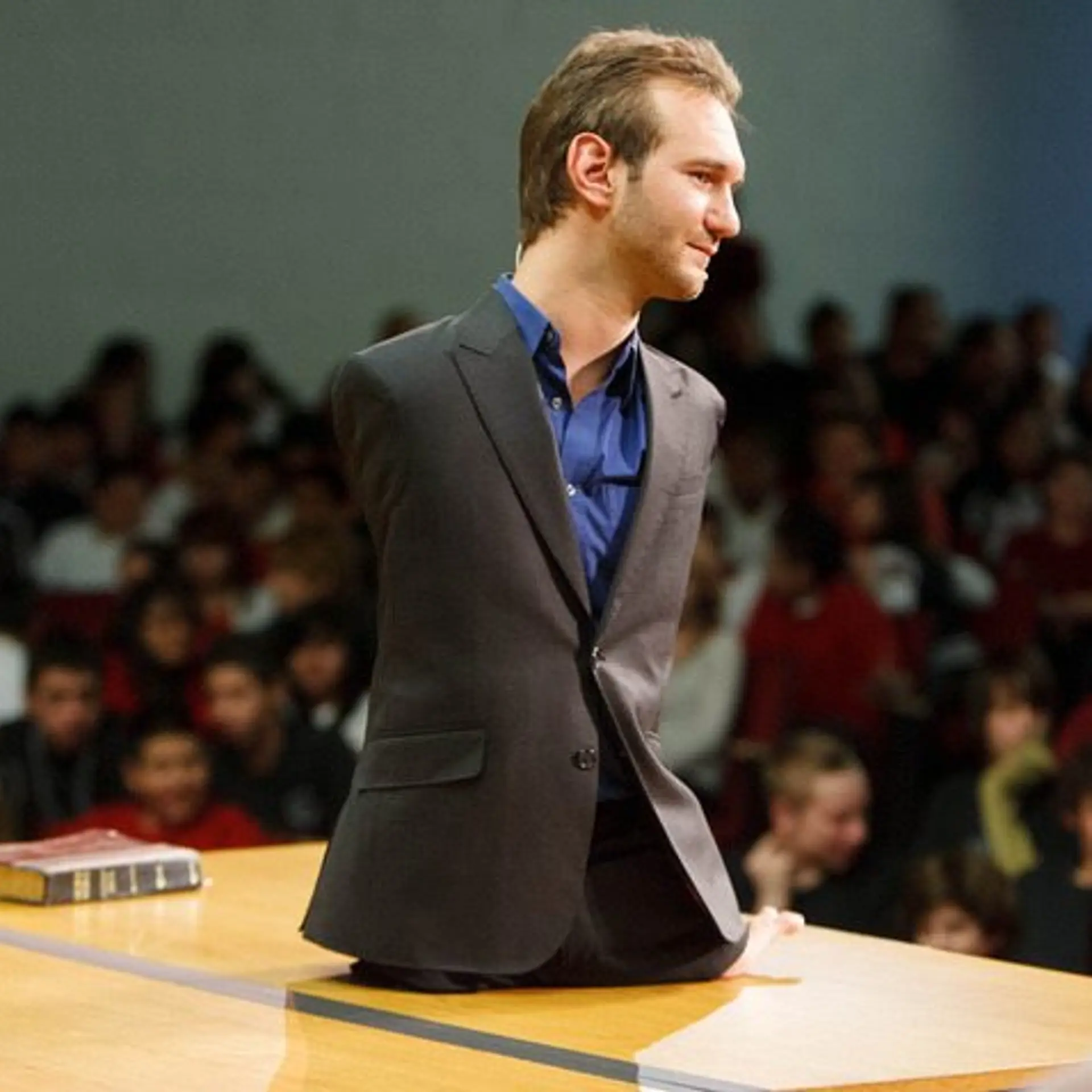

Starting your day early: 5 reasons to become an early riser
Fancy a nice, long breakfast in bed? For busy, successful people, that’s pretty much what beds are for. Time is a precious commodity in today’s fast-paced world, and sleeping through the afternoon can cost you a lot. A lot of brilliant opportunities, a lot of self-improvement, and a lot of sweet, sweet cash.

Besides, the early risers club is truly a prestigious one. There’s Winston Churchill, sipping whiskey before his 5 pm nap while casually chatting with Martha Stewart, a notorious 4-hour-a-night sleeper. Tesla is somewhere around too, shying away from Stephen King, Mariah Carey, and president Trump.
That’s already at least 5 reasons to join the club, with 5 more to follow.
1. Early birds defy the inevitable passage of time
The average CEO reads about 60 books a year, which is at least 5 books every month. If you want to know why, take a look at Bill Gates, Mark Zuckerberg, Warren Buffett, or Elon Musk. All four of them, all needing no introduction, still jump on any occasion they have to promote the benefits of reading.
But if you want to know how, then the answer lays in the amazing way these people organize their time. Catching the first morning light extends your days for a couple of hours, and reading is not the only self-improvement activity that you can fill this stolen time with. Also, one hour equals 60 pages.
2. Peaceful mornings boast fewer distractions
Working family people are well-familiar with all kinds of distractions that start disrupting their daily tempo the moment their kids wake up. But the source of distraction can be intrinsic as well, as many seasoned procrastinators know. Early birds are proactive enough to maintain their focus through it all.
According to Christoph Randler, it’s not only that “morning people anticipate problems and try to minimize them”, but also that “a number of studies have linked this trait, proactivity, with better job performance, greater career success, and higher wages”. All thanks to their determination and focus.
3. The will is stronger in those who exercise it
Speaking of determination, Randler’s study has also found that early risers tend to be more conscientious and persistent. Maybe their sleeping habits stem from their natural readiness to put a lot of effort into their work, maybe it’s the other way around. Either way, their will is certainly stronger.
And, where’s there’s a will, there’s a way. Not only do morning people have more time at their disposal, but they are also willing to be proactive about that time. This leaves them with more internal motivation, better drive, and abundance of willpower to overcome any obstacle they stumble upon.
4. Starting off early reduces all kinds of stress
You know how waking up at the eleventh hour makes every menial activity unbearably stressful? The toothpaste smudges your suit, so you’re already late for an important meeting. Then you start acting hasty, instantly kicking off a long chain of unfortunate events that will follow you throughout the day.
While you’re stuck in the morning traffic, an early riser has already had her after-gym coffee and is now ready to close an important sale. She’s relaxed but riled up, her mind fixed on kick-starting her day with a big win. This kind of advantage is not to be taken lightly; it’s actually the shortcut to success.
5. Most morning people are healthier and happier
All this is not to say that early birds beat night owls in productivity – evening people, as studies show, are better at performing creative tasks. But morning people still hold more important cards; with time and willpower on their side, they have a better shot at staying healthy and driven throughout the day.
That’s why morning people are, in most cases, happier too. An early start gives them the luxury to pause, relax, and deal with things as they come, while determination fuels this energy through any obstacle. A successful day is a happy day, is how they feel later at night, as they go to bed proud and contented.
If you’re a person with big dreams, but no idea how to realize them, wake up a little earlier tomorrow. Morning might give you a different perspective on where you stand and how far you’ll need to go. Even if it’s uneventful, you’ll still have up to 20 hours to figure out what to do with all that time.







